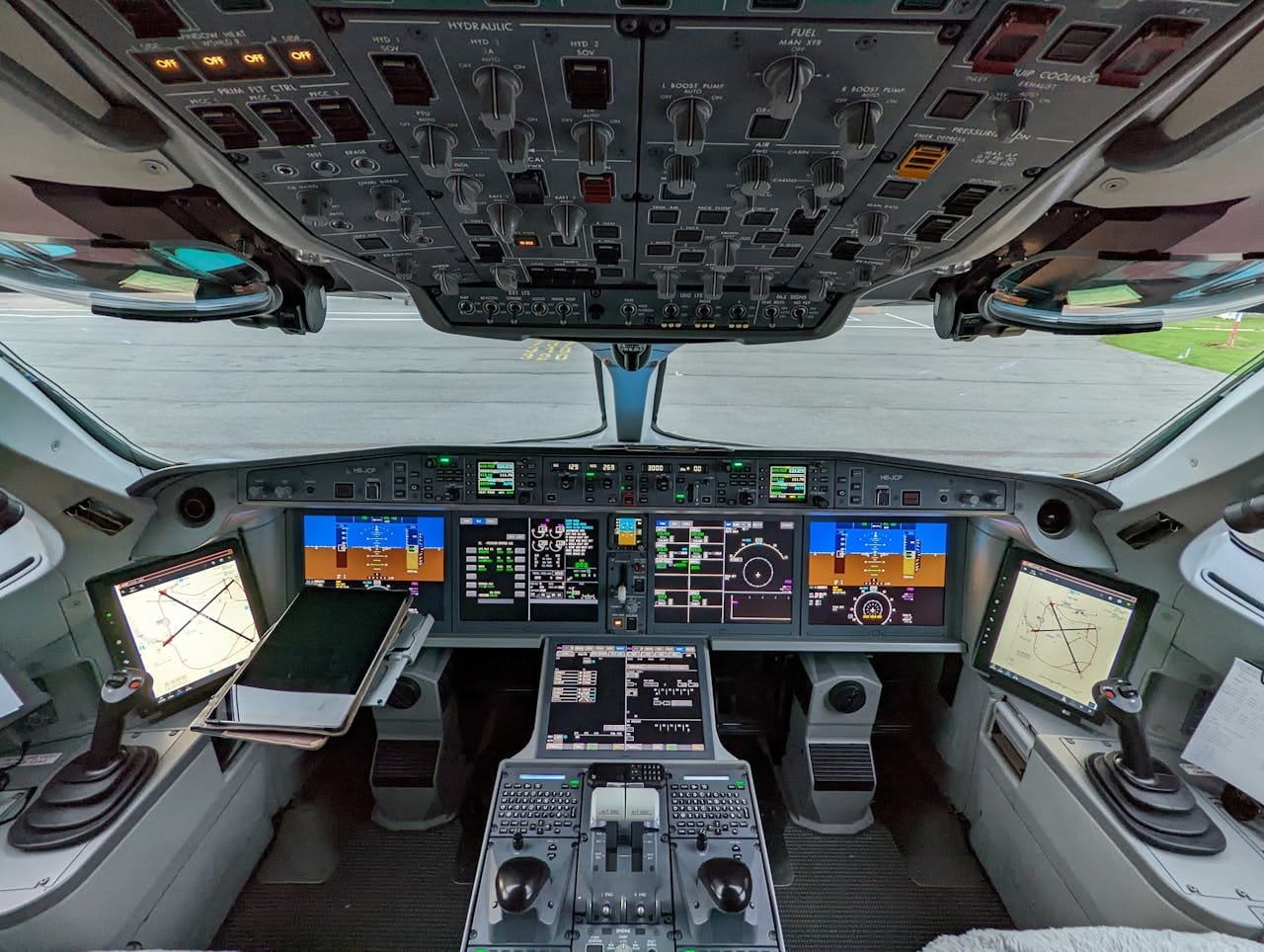To operate safely, airplanes rely on precision, performance, and reliability, and each component contributes to these qualities. Among these, hydraulic systems are essential because they allow the operation of landing gear, brakes, flight controls, and other parts. The quality of the hydraulic fluid used determines mostly how these systems function. Choosing a dependable hydraulic fluid is about protecting lives, extending aircraft lifetime, and maximizing performance under demanding conditions, not only about preserving mechanical efficiency.
Ensuring Optimal Performance in Critical Systems
Essential tasks include moving flight control surfaces, deploying landing gear, and running brakes are handled by aircraft hydraulic systems. Guaranturing these systems run effectively and consistently under pressure depends mostly on using high-quality hydraulic fluid. Fluids that meet strict specifications, such as 5606 hydraulic fluid, provide the precise lubrication and stability needed to operate smoothly in harsh environments. These fluids are an important component of performance over a broad temperature range, assuring that even during rapid altitude changes or temperature variations, they function as expected.
Protecting Components from Wear and Corrosion
Aircraft hydraulic systems operate at high pressures, subjecting their components to significant stress. To ensure that components like pumps, actuators, and valves continue to function for extended periods, reliable hydraulic fluids are designed to offer exceptional protection against wear and corrosion. Advanced additives that minimize friction, lessen metal-on-metal contact, and create a barrier against moisture and impurities are frequently found in these fluids. Corrosion prevention is especially important because moisture exposure can cause rust and pitting, compromising the integrity of hydraulic components. High-quality fluids not only increase the lifetime of your tools but also help to lower maintenance frequency and expenses.
Maintaining Stability Across Extreme Temperatures
From freezing circumstances at great heights to blistering heat on sunbaked tarmacs, aircraft operate in some of the most difficult temperature situations. The hydraulic fluid you choose must be able to maintain its viscosity and performance over a wide temperature range. Extreme heat or cold can cause poor-quality fluids to thicken or break down, compromising system performance or possibly leading to complete failure. Their capacity to sustain steady pressure and flow rates ensures that hydraulic systems operate as expected, independent of the surroundings.
Supporting Smooth and Efficient Aircraft Operations
Maintaining the efficiency of an airplane depends on hydraulic systems operating as they should, particularly in high-pressure situations, including take-off, landing, and in-flight adjustments. Reliable hydraulic fluid ensures that actuators, valves, and pumps respond quickly to pilot commands, resulting in a seamless connection between the cockpit and the aircraft’s mechanical systems. Because it enables the aircraft to adjust to changing conditions quickly, this level of responsiveness is essential for both passenger comfort and flight safety.
Aligning with Industry Standards for Safety and Compliance
In aviation, following industry standards is non-negotiable, so the hydraulic fluid you employ is extremely crucial in satisfying these needs. Certified fluids are tested extensively to ensure they satisfy the criteria needed for dependability and safety of operation. Using unapproved or inferior fluids not only runs the danger of system malfunctions but can also cause non-compliance with regulatory criteria, possibly grounding the aircraft and causing major operating losses.
Conclusion
The lifeblood of an aircraft’s hydraulic systems, reliable hydraulic fluid offers stability, protection, and efficiency over every phase of flight. From protecting the integrity of important parts to keeping performance under demanding conditions, the correct fluid offers advantages beyond just mechanical function. Prioritizing quality protects your aircraft, improves operational efficiency, and ensures compliance with aviation’s stringent standards. In an industry where reliability is critical, investing in reliable hydraulic fluid is not only practical; it is also essential for success.
Keep an eye for more news & updates on Tribune Breaking!







